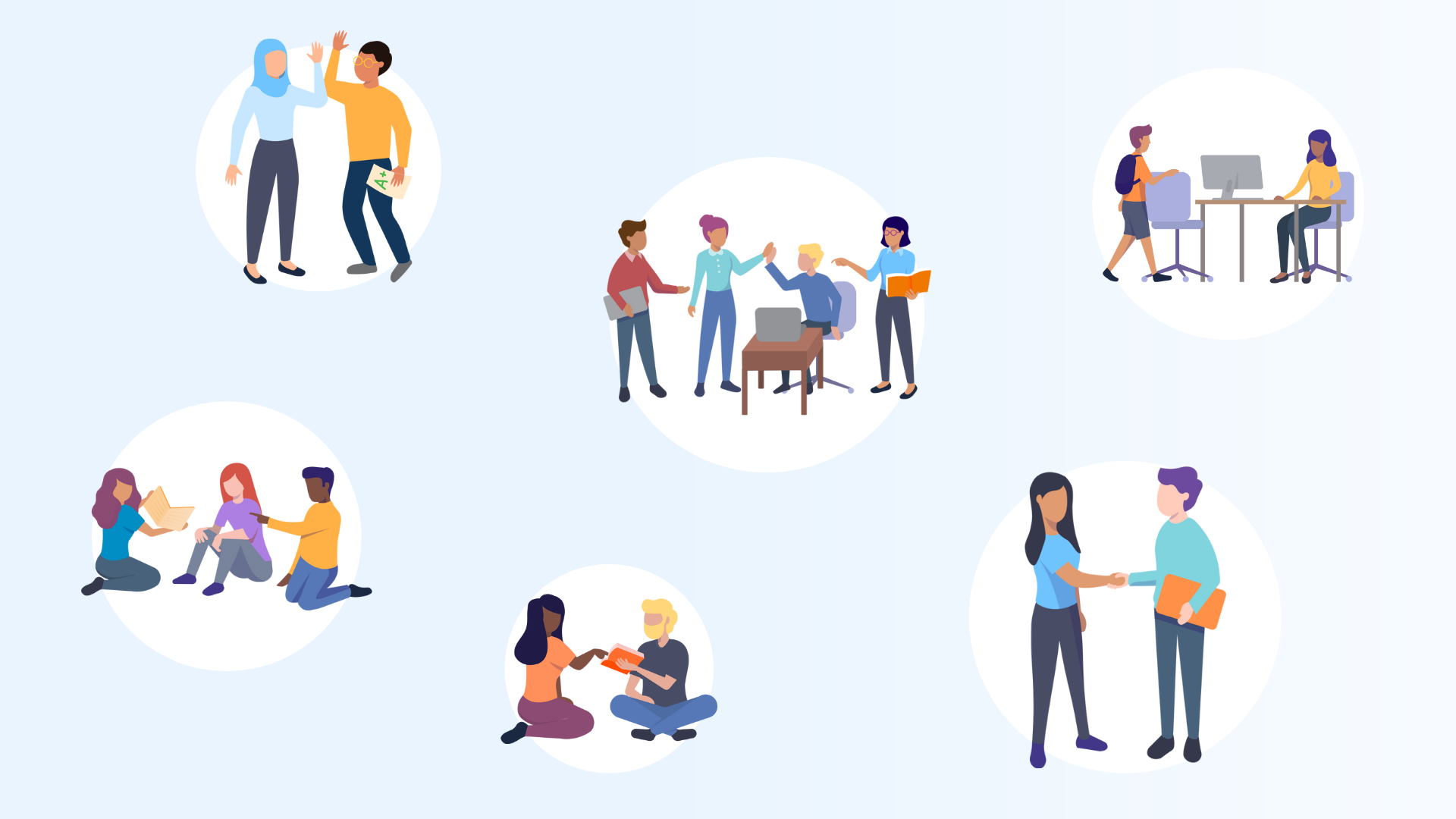Higher education thrives on connection—between students and faculty, among peers, and within the broader campus community. As institutions seek innovative ways to elevate student success, one of the most promising strategies is leveraging peer interaction as a cornerstone of academic support. At the heart of this strategy lies the potential to transform peer tutoring into a recognized high-impact practice (HIP), empowering students to engage deeply in their learning while building meaningful connections.
The Value of Peer Interaction in Education
Peer interaction plays a pivotal role in creating a supportive and engaging learning environment. When students work with peers who have successfully navigated similar academic challenges, they gain more than just subject matter knowledge—they develop confidence, self-efficacy, and a stronger sense of belonging within their institution. Research consistently shows that these factors contribute to retention, persistence, and academic achievement.
Peer tutoring, specifically, exemplifies the potential of peer interaction to drive success. Tutors not only reinforce their own understanding of course material but also gain communication, leadership, and problem-solving skills that prepare them for future careers. Meanwhile, tutees receive tailored support in a relatable and accessible way, making academic assistance feel less intimidating and more inclusive.
A Case for Recognizing Peer Tutoring as a High-Impact Practice
High-impact practices, as defined by the Association of American Colleges and Universities (AAC&U), are educational approaches shown to increase student engagement and success. These include first-year experiences, learning communities, undergraduate research, and more. Despite its alignment with these practices, peer tutoring has not yet been officially recognized as a HIP.
Peer tutoring embodies many of the hallmarks of HIPs:
- Intense Engagement: Tutors and tutees collaboratively work through complex academic material, fostering active and deep learning.
- Personalized Support: Peer tutors can adapt their approach to meet the unique needs of individual students, creating a truly customized learning experience.
- Skill Development: Tutors hone transferable skills like communication, collaboration, and critical thinking.
- Increased Equity: Peer tutoring helps close equity gaps by providing affordable, accessible academic support to students from all backgrounds.
Recognizing peer tutoring as a high-impact practice would underscore its importance as an educationally purposeful peer interaction and elevate its status in institutional strategies for student success.
Bridging Research and Practice
The push for peer tutoring to gain HIP recognition is grounded in both research and practical outcomes. Collaborative efforts between educators, researchers, and companies like Knack are shining a light on how peer tutoring fosters engagement, persistence, and academic achievement. By bridging the gap between research and practice, these initiatives aim to influence how academic support services are designed and implemented.
As higher education evolves, so too must the strategies we use to support student success. Peer tutoring offers an opportunity to reimagine academic support through the lens of collaboration, accessibility, and equity. By advocating for its recognition as a high-impact practice, we can ensure that more students benefit from this transformative experience.
Whether you're a campus administrator, educator, or student, we invite you to join the conversation. Schedule a meeting to discuss how we together can harness the power of peer interaction to create more engaging, equitable, and effective learning environments for all.
